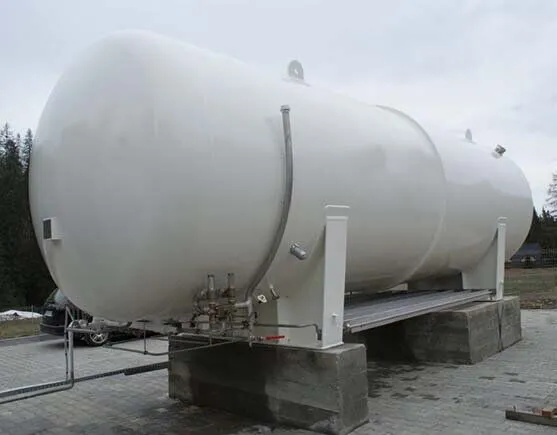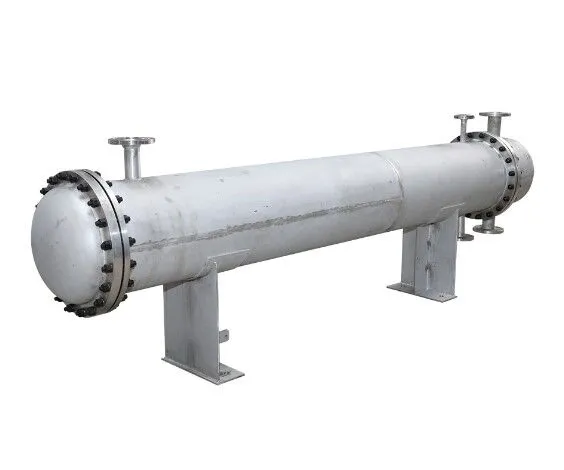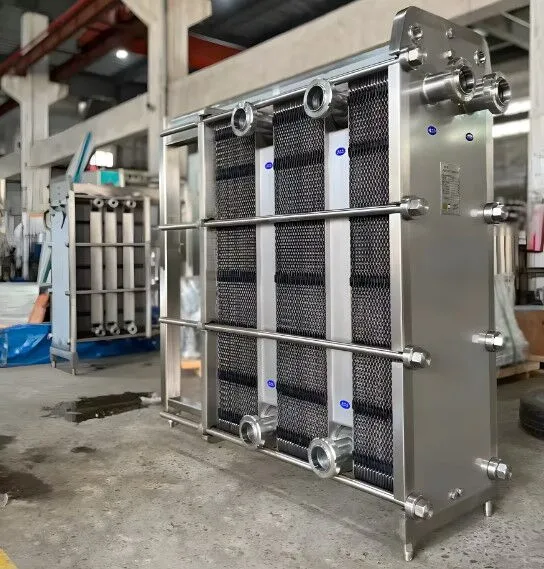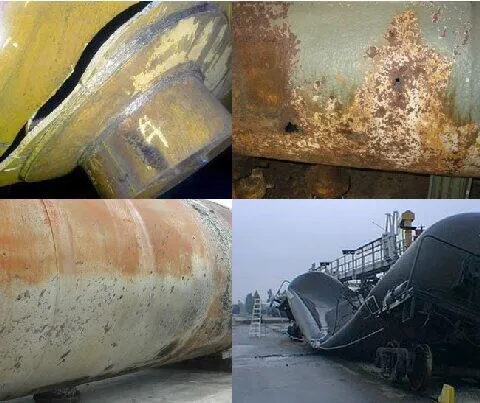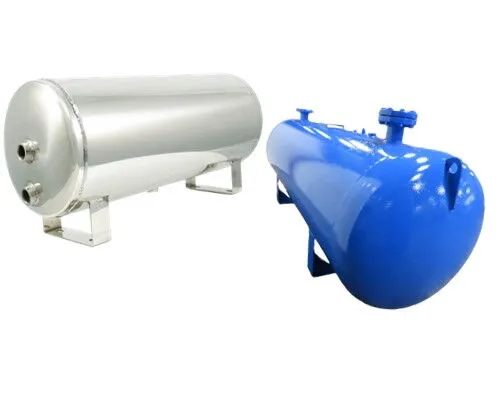Design and Frost Protection of Cryogenic Storage Tanks
Cryogenic storage tanks are crucial for storing liquefied natural gas (LNG) and other cryogenic liquids. The design and construction of these tanks must thoroughly address the impact of low temperatures on the structure and the need for foundation frost protection. In cold environments, the stored medium can cause frost heave in the foundation soil, potentially leading to soil uplift and foundation damage, which affects the tank's stability and safety. Therefore, effective foundation...

